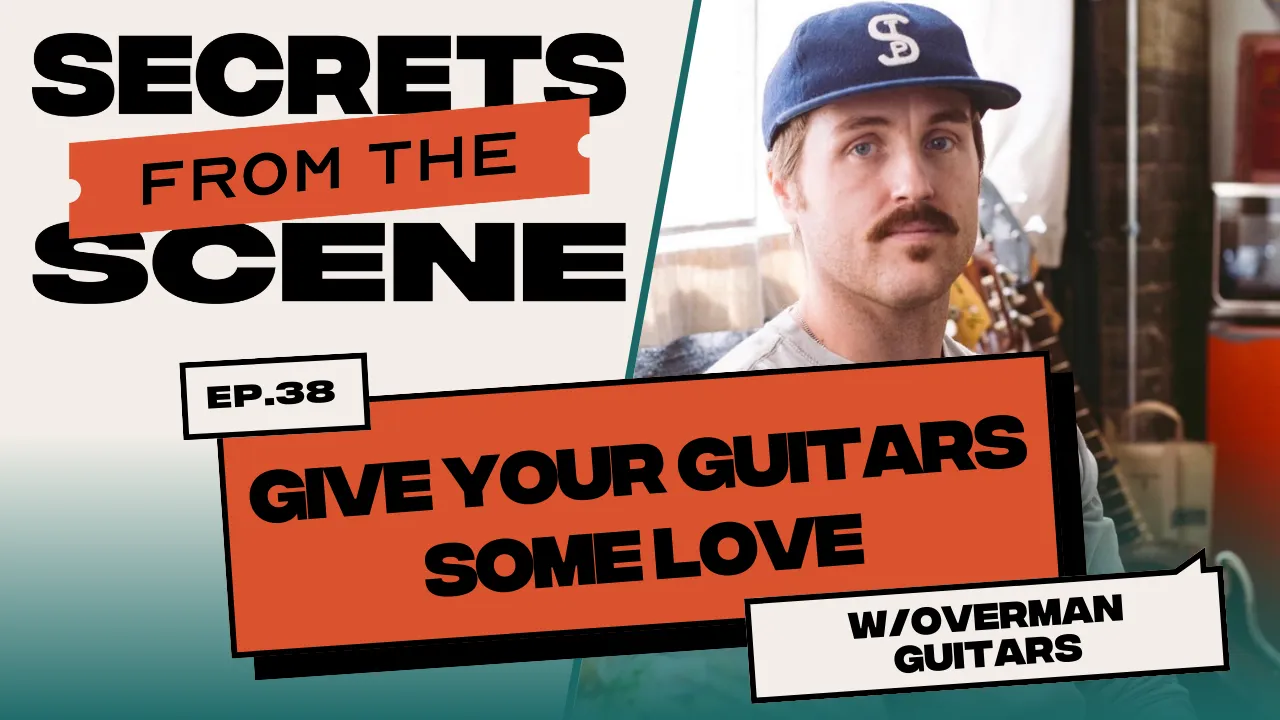Show Notes
Ready to finally tackle that annoying string buzz? Show your guitar, bass, mandolin, ukulele, or other favorite strumming box some extra love this year by bringing it to Overman Guitars.
In this episode, I sit down with Wyatt Overman, the owner of Overman Guitars, to talk about all things guitar maintenance and repairs. Wyatt walks us through what a "setup" involves and shares best practices for basic maintenance between tune-ups. If you're anything like me, you might lean towards the "ignorance is bliss" mentality and wait until something goes wrong before taking action. But there are simple things we can do to keep our instruments in top condition, playing smoothly and sounding great.
In addition to basic maintenance, Overman Guitars can handle your repair needs and mod requests. Wyatt also has some custom builds underway that I’m sure will impress you.
Whether you're looking for a friendly guitar repair shop or simply want to learn how to take better care of your guitar, this episode is for you.
Enjoy!
watch now on YouTube:
Episode Links and Mentions
Connect with the Guest
Connect with Me
Give Feedback
📬 Send me a message: stephen@secretsfromthescene.com
💬 Suggest a guest or topic: podcast@secretsfromthescene.com
🎙️ Brought to you by:
--------------------------------
Thank You
This podcast is made possible by the hard work, expertise, and commitment of my team:
Max Greene and Joey Biehn. I'm forever grateful.
--------------------------------
Theme Music: "Thankful" Courtesy of LUEDVIG

